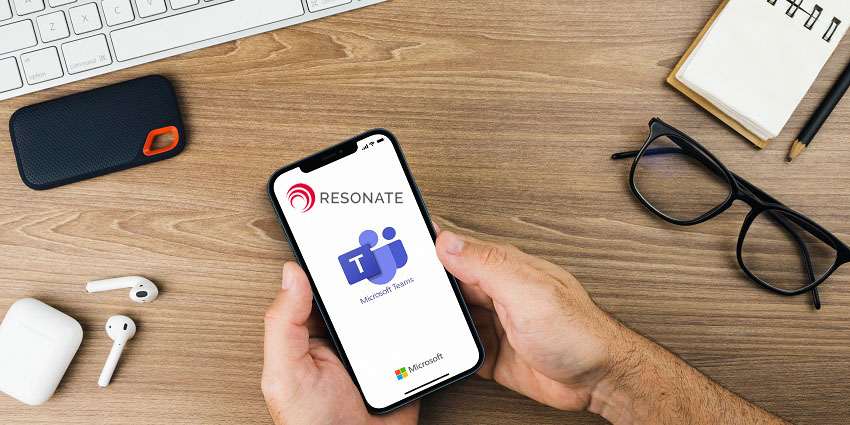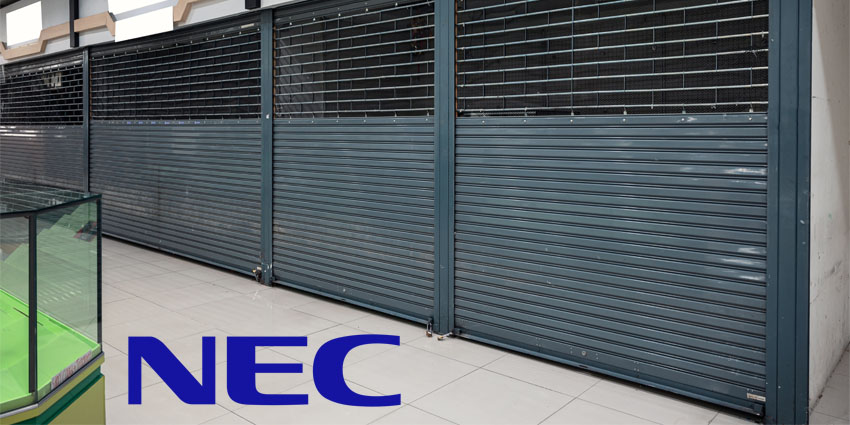Despite the last 12 months of chaos, the management of investor relationships continues to be a crucial element of successful business operations.
Even before the pandemic, with investors potentially scattered across regions and even continents, it was important to ensure reliable lines of communications were critical to business operations.
“As a conferencing facilitator or operator, the main responsibility is to provide a high-end line of communication that multiple people can dial in to,” said Spearline Sales Manager, Emmanuelle O’Donovan. “Their job is to make sure that the call is clear so that everyone can be understood, to organize the session, and facilitate any questions that come in from people on the call, such as analysts or investors.”
Preparation
“That takes a lot of preparation and as much information as possible,” O’Donovan elaborated. “This includes the number of people likely to dial in, where they’ll be based, what environment they’ll most likely be in and how they are going to connect to the call.
She continued, “All this information will allow the operator to know which dial zones to enable and the kind of traffic that can be expected during the call.” As this is vital communication, it is key that the operator and client are organized and collaborate effectively.
“That may sound daunting but the good thing about these large-scale sessions is that they will most likely happen once a quarter when financial results are announced and investor relation calls are set up, which allows plenty of time for planning and organizing the session,” O’Donovan explained. “Other calls that come about as a result of new activity, such as mergers or acquisitions, may have a smaller time frame to set up, but require the same level of organization because this is not something you can improvise.”
Frustrations
But naturally, things go wrong and, as O’Donovan points out, there is always scope for technical issues. “One thing to remember is that these people are attending for important reasons, they need to achieve something. With the coronavirus, we’ve also seen an increase in these calls in general and such circumstances can lead to increased frustrations if things go wrong.
“Operators have to deal with factors like the quality of the diallers service and traffic on the lines as most of these calls happen at the top of the hour.”
O’Donovan recalled situations she had been involved in where an exchange went down in London’s financial district, and a vital cable was being dug out of an international data center, both of which caused disruption.
“The key thing is how long it takes to identify and fix these problems. One of the frustrating things is that problems won’t be brought to your attention straight away either, but these calls are important so it’s vital you can run diagnostics.”
The Spearline solution
The answer to these frustrations, according to O’Donovan, lies in the diagnostics that operators can run. But these basic rules of monitoring tools pail in comparison to Spearline’s capabilities.
“To use an analogy, the difference between finding problems with Spearline’s solution and without it is like searching for something with the light on or in the dark.
“In order to find a fix you have to gather information about the experience the user is having as they are dialing in. From there you can work out whether it’s a problem that exists inside or outside your network and handoff to the engineers whose job it is to find a fix” Rather than be reactive and try to resolve those issues, you should be proactive by having both full visibility on your enterprise network and the ability to replicate your customer’s experience.
“With Spearline we can replicate the experience completely. For example, if someone is having trouble dialing in from Germany, we can call the number as if we were in-country, replicating the experience of the customer”
O’Donovan concluded “Before, we would have to rope in co-workers, family members, and even hotel staff to try to dial in to test the line to work out where the problem could be. With Spearline, those days are over.”
Emmanuelle O’Donovan spoke to Spearline in the Spearline Podcast. To listen, click here.







